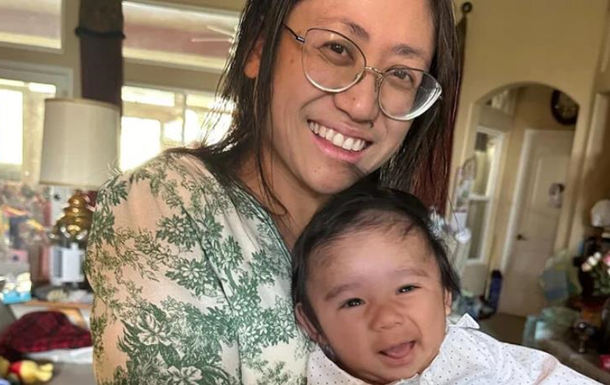Когда речь идет о здоровье наших детей, важно понимать, какие анализы им необходимо сдавать и зачем. Поговорим об этом и о том, что могут показать разные тесты.
Зачем сдавать анализы детям?
Анализы показывают скрытые проблемы со здоровьем. Исследования дают полную картину состояния организма ребенка.
Основные анализы для детей
Общий анализ крови (ОАК). Он помогает выявить анемию, инфекции и воспалительные процессы. Для проведения анализа берут небольшое количество крови из пальца или вены.
Общий анализ мочи. ОАМ помогает оценить работу и заражение почек и мочеполовой системы в целом. Для анализа требуется утренняя порция мочи.
Биохимический анализ крови — из вены. Дает информацию о работе внутренних органов. Он помогает выявить нарушения обмена веществ и недостаток витаминов.
Анализ кала на яйца глистов и паразитов. Этот анализ необходим для выявления паразитарных инфекций, которые часто встречаются у детей. Для исследования требуется небольшое количество кала, собранного в чистый контейнер.
Анализ на сахар. Проверка уровня глюкозы помогает выявить риск развития диабета. Анализ проводят натощак.
Аллергопробы. Если у ребенка есть подозрения на аллергию, проводят специальные тесты для выявления аллергенов. Это могут быть кожные пробы или тесты крови на антитела.
Когда следует сдавать анализы?
Плановые обследования: Педиатры рекомендуют давать мочу и кровь ежегодно, даже если ребенок чувствует себя хорошо.
Перед поступлением в детский сад или школу: Часто требуются медицинские заключения и справки.
При появлении симптомов: Если у ребенка наблюдаются слабость, бледность, частые простуды или другие необычные симптомы, стоит обратиться к врачу для назначения необходимых исследований.
Как подготовить ребенка к сдаче анализов?
Объясните процесс: Расскажите ребенку, зачем нужен анализ и как он будет проводиться. Это поможет снизить страх и тревогу.
Соблюдайте рекомендации: Некоторые анализы требуют подготовки, например, сдачи натощак или ограничения в пище. Следуйте указаниям врача.
Выберите подходящее время: Лучше планировать сдачу анализов в утренние часы, когда ребенок не устал и не голоден.
Где можно сдать анализы?
Многие медицинские центры предлагают услуги по сдаче анализов для детей. Например, в СМ-Клиника https://smdoctor.ru/diagnosis/kompleksnaya-laboratornaya-diagnostika/ можно пройти комплексную лабораторную диагностику с использованием современного оборудования и получить консультацию опытных специалистов.
Заключение
Регулярные анализы — важная часть заботы о здоровье ребенка. Они помогают вовремя выявить возможные проблемы и принять необходимые меры. Обсудите с педиатром, какие обследования нужны вашему ребенку, и следуйте его рекомендациям.


 4230
4230












